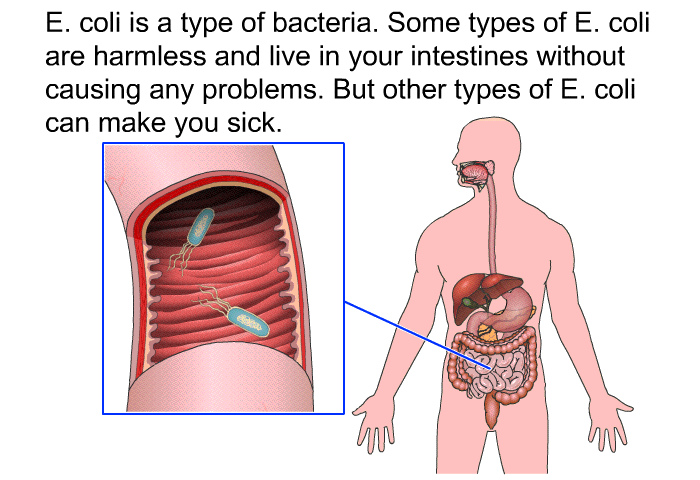Treatment of E. coli!
Treatment of E. coli
Homeopathic Treatment of E. coli
Acupuncture & Acupressure Treatment of E. coli
Psychotherapy Treatment of E. coli
Conventional / Allopathic Treatment of E. coli
Surgical Treatment of E. coli
Dietary & Herbal Treatment of E. coli
Other Treatment of E. coli
What is E. coli
Symptoms of E. coli
Causes of E. coli
Risk factors of E. coli
Complications of E. coli
Lab Investigations and Diagnosis of E. coli
Precautions & Prevention of E. coli
Treatment of E. coli
Homeopathic Treatment of E Coli
Homeopathy relieves pain, diarrhea and other complaints. It treats the person as a whole. Treatment is constitutional. It means that homeopathic treatment focuses on the patient as a person, as well as his pathological condition. It balances the energy system, improves immunity and body functions. It naturally cures the root cause of disorder. Some of the homeopathic medicines for E Coli are:
Carb V
China
Crot T
Verat
Rheum
Podo
Conventional / Allopathic Treatment of E Coli
There are many conventional medicines available. These must be taken under medical supervision.
Dietary & Herbal Treatment of E. coli
Drink plenty of fluids to help with dehydration and fatigue
Eat low-fiber foods
Avoid dairy products, fatty foods, high-fiber foods or highly seasoned foods
What is E. coli?
coli is a type of bacteria that lives in your intestines. You can get E. coli infections by eating foods containing the bacteria. Most varieties of E. coli are harmless or cause relatively brief diarrhea.
Symptoms of E. coli
Diarrhea
Nausea and vomiting
Abdominal pain and tenderness
Causes of E. coli
By eating contaminated food
By drinking contaminated water
When infected adults and children don’t wash their hands properly
Risk factors of E. coli
Young children and older adults
People who have weakened immune systems
Undercooked hamburger; unpasteurized milk, apple juice and soft cheeses made from raw milk.
Complications of E. coli
Hemolytic uremic syndrome (HUS)
Diagnosis of E. coli
Diagnosis of E. coli involves the following test:
Sample of your stool is sent to a laboratory to test for the presence of E. coli bacteria.
Precautions & Prevention of E. coli
Wash your hands after preparing or eating food, using the bathroom, or changing diapers
Wash utensils with hot soapy water before using
Avoid pink hamburger
Drink only pasteurized milk



+1.svg)
